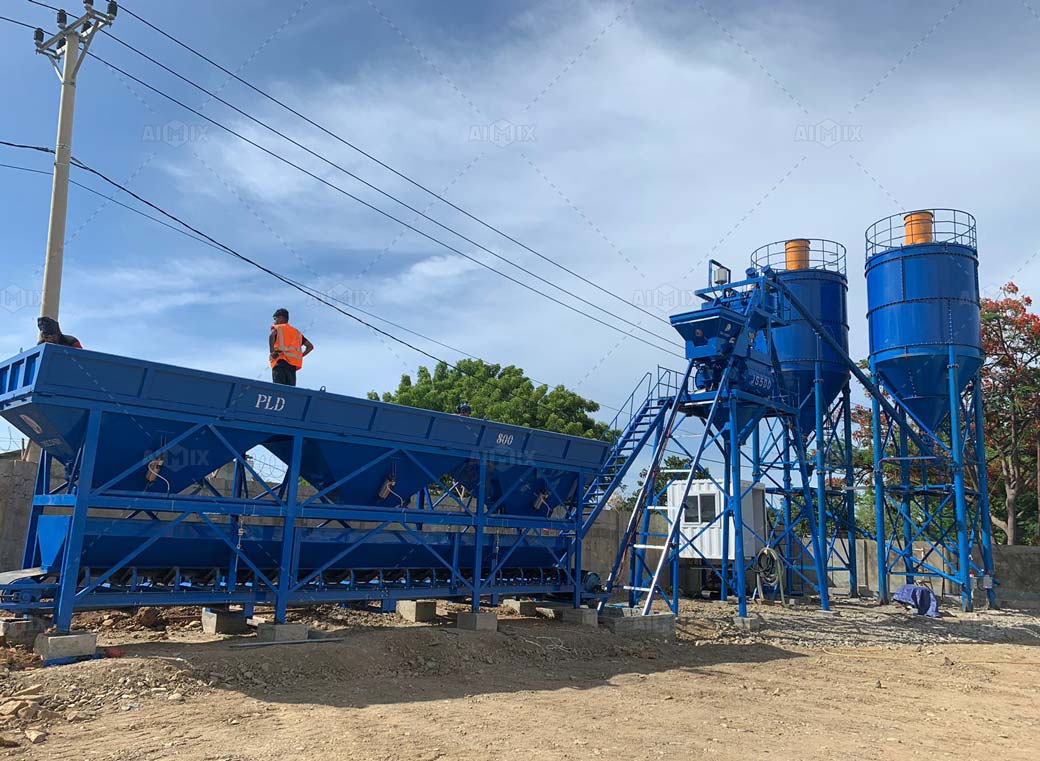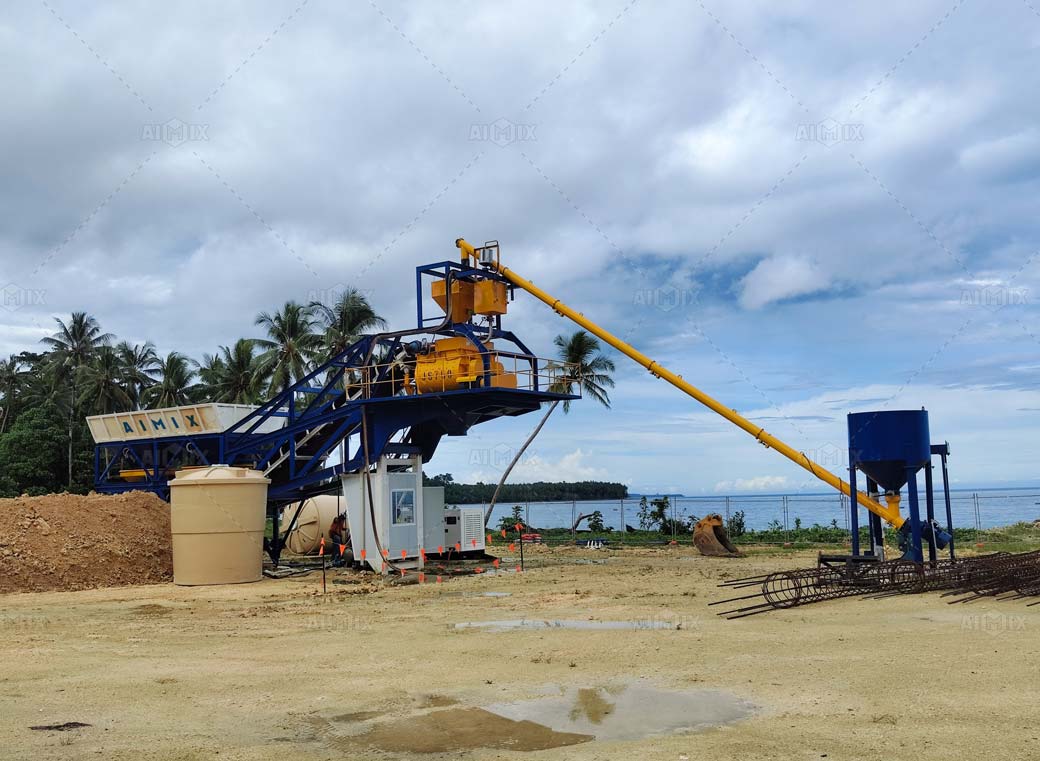The world of construction is rapidly evolving, and so is the landscape of concrete plant technology. With a relentless focus on efficiency, sustainability, and flexibility, the future of concrete plants is poised to redefine the way construction projects are undertaken. This article delves into the cutting-edge advancements and transformative trends that are shaping the future of the industry, including the innovative integration of concrete plant for sale, readymix concrete plant, and mobile concrete plant technologies.

Integrating Advanced Automation
Precision Control Systems
The future of concrete plants lies in the seamless integration of advanced automation systems that enable precise control and monitoring of the production process. The incorporation of sophisticated software and real-time data analytics facilitates proactive decision-making, ensuring optimal resource utilization and enhancing the overall operational efficiency of concrete plants.
AI-Driven Production Optimization
The advent of Artificial Intelligence (AI) is set to revolutionize the functionality of concrete plants for sale(plantas de concreto para la venta), empowering them to adapt and optimize production parameters in real time. AI algorithms can analyze complex data sets, predict potential operational bottlenecks, and automatically adjust the production process, thereby minimizing downtime, reducing waste, and improving the overall quality of the concrete output.
Sustainable Manufacturing Practices
Eco-Conscious Material Selection
The future of readymix concrete plants(futuro de plantas de concreto premezclado) lies in the implementation of eco-conscious material selection, emphasizing the use of sustainable and recycled aggregates to minimize the environmental impact of concrete production. By integrating recycled materials into the production process, concrete plants can contribute significantly to the reduction of carbon emissions and the conservation of natural resources, fostering a more sustainable and environmentally responsible approach to construction.
Energy-Efficient Operations
In the pursuit of sustainable manufacturing practices, the future of concrete plants will witness a shift toward energy-efficient operations. Integration of renewable energy sources, such as solar and wind power, coupled with the utilization of energy-efficient machinery and systems, will not only reduce the carbon footprint of concrete production but also contribute to significant cost savings, making sustainable operations economically viable in the long run.
Embracing Modular and Mobile Solutions
On-Site Mobility and Flexibility
The future of mobile concrete plants(plantas de concreto móviles) lies in their enhanced mobility and flexibility, enabling on-site production that eliminates the need for transportation of concrete over long distances. These mobile solutions, equipped with advanced mixing and batching capabilities, allow for quick and efficient deployment at various construction sites, facilitating just-in-time production and minimizing logistical challenges and costs.
Modular Design for Scalability
Modular design concepts will play a pivotal role in the future of concrete mixing plant(planta mezcladora concreto) technology, offering scalability and customization options to meet the evolving demands of construction projects. The integration of modular components not only facilitates rapid assembly and disassembly of concrete plants but also enables seamless expansion or modification of production capacities, ensuring adaptability to changing project requirements and enhancing overall operational efficiency.

Conclusion
As the construction industry continues to evolve, the future of concrete plant technology is poised to embrace a harmonious blend of advanced automation, sustainable manufacturing practices, and mobile solutions. With a strong emphasis on precision, sustainability, and flexibility, the industry is set to witness a paradigm shift in concrete production, marking a significant step toward a more efficient, eco-friendly, and agile approach to construction that aligns with the demands of the modern world.